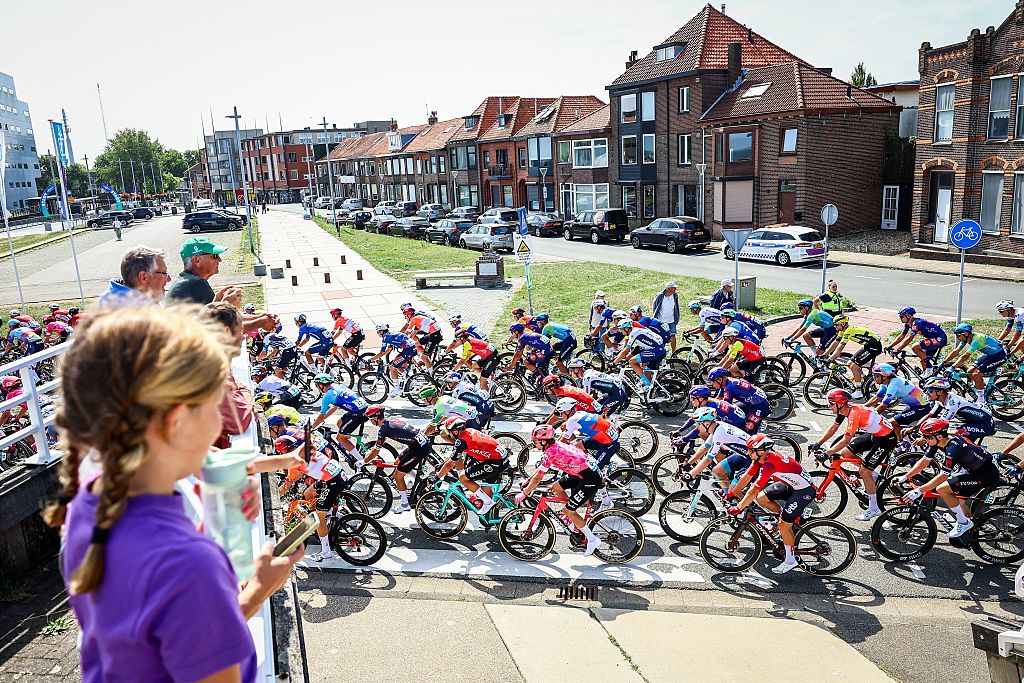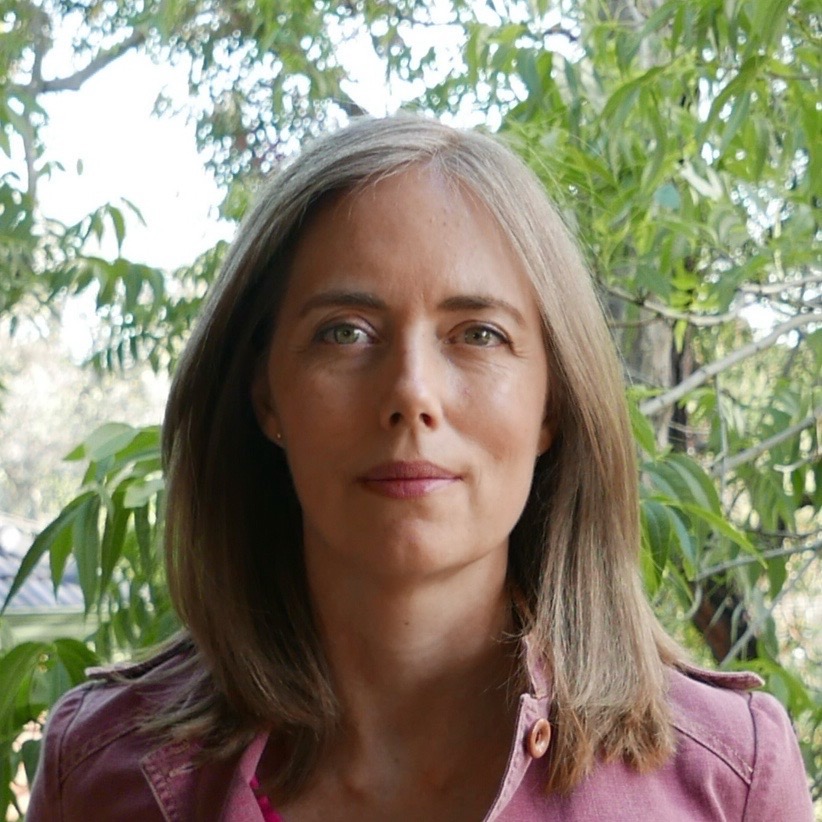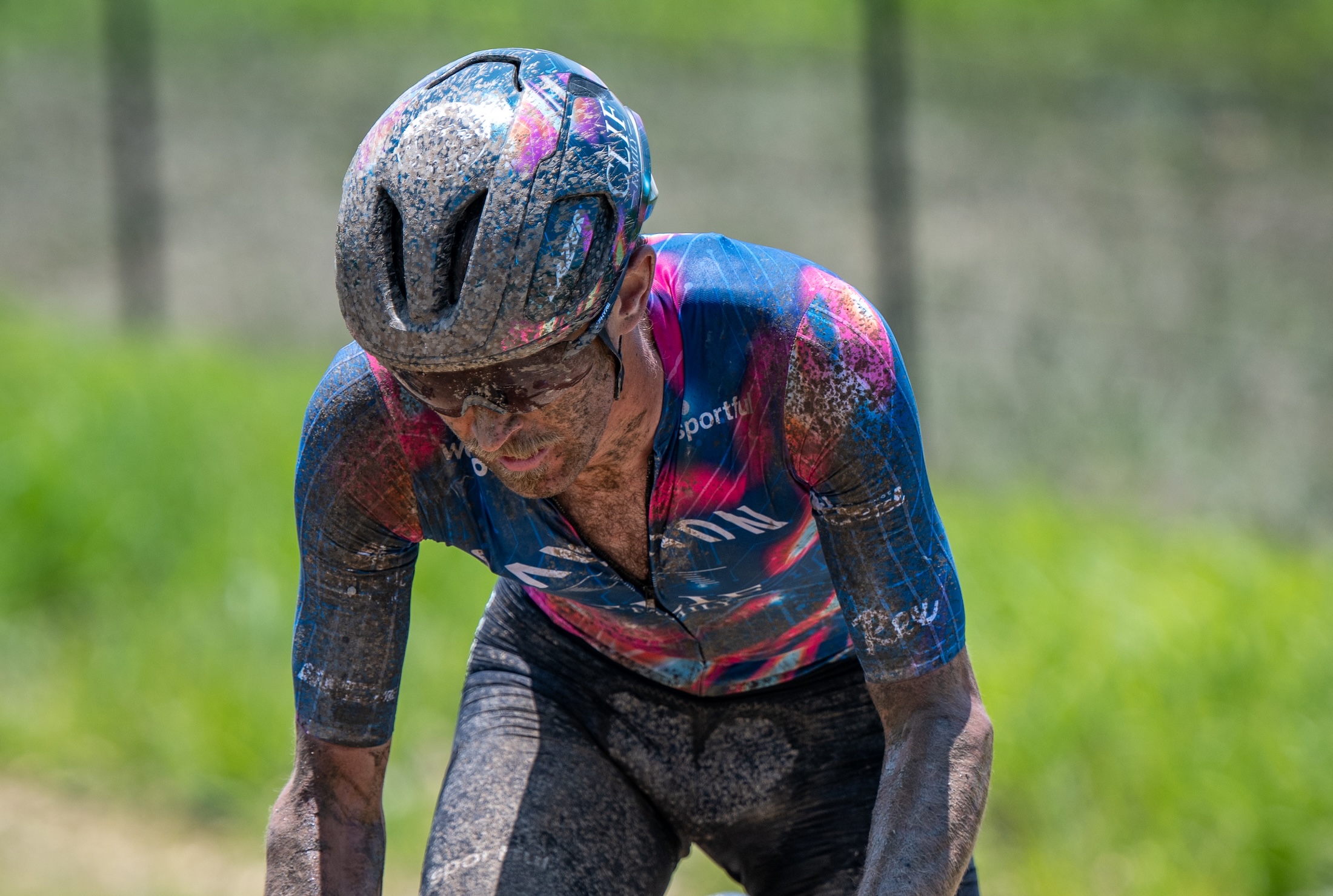'The sport is at a critical point' – The Cyclists' Alliance 2025 survey reveals further expansion in gap between women's cycling tiers
'There are many signs of progress and professionalisation at the top, but the talent pathway below continues to face challenges and the gaps are widening' concludes report

The latest race content, interviews, features, reviews and expert buying guides, direct to your inbox!
You are now subscribed
Your newsletter sign-up was successful
In the eighth year of its annual rider survey, The Cyclists' Alliance has found that even as salaries overall look to have stabilised as the professionalisation of the sport continues at the top, those riders not covered by the mandatory minimum salaries of the Women's WorldTeams and ProTeams are falling behind.
"We've seen a lot of progress in the women's side of the sport. If you compare the data from our early surveys to now, it's really positive the growth that we've seen," said The Cyclists' Alliance president Grace Brown.
"It's really exciting but at the same time, we have to be really wary of the fact that the top level is seeing all this progress, and the Continental level at the bottom is actually really struggling at the moment."
All up the report said that across the tiers, 58% of riders received an income of more than €20,000, the top group of those being the 11% who earned more than €100,000.
While 6% of riders didn't disclose their salary, more than a third of the riders, 36%, who took the survey said they earned less than €20,000. The vast majority of those riders were, of course, from Continental teams given that minimum salaries are in place for the 363 Pro and Women's WorldTour riders, starting at €16,720 for a new ProTeam professionals and €20,000 for others. In a Women's WorldTour team that bar is set at €31,768 and €38,000.
The survey of 202 female professional cyclists from across 43 cycling teams, found that 80% of those outside the two top tiers earned less than €20,000, compared with 64% respondents in 2024. That widening gap has only brought home the increasing divide which also comes at a time when the number of Continental teams, and therefore opportunity, is also plunging.
"This year’s survey results show that the sport is at a critical point," said the report. "There are many signs of progress and professionalisation at the top, but the talent pathway below continues to face challenges and the gaps are widening.
The latest race content, interviews, features, reviews and expert buying guides, direct to your inbox!
"The poor working conditions and financial instability facing riders at the beginning of their career forces many out of the sport. We risk losing talent before it can come through the pipeline and contribute to the growth of the sport."
Among the riders outside those top two tiers, where the vast majority had an income of under €20,000, 17% of riders received no salary at all while 19% of riders worked a second job alongside racing and 29% were studying.
"While salaries appear to be stabilising overall, riders not covered by mandatory minimums are seeing contract value stagnating or even declining," said the report.
It's probably no surprise then that Continental riders prioritised establishing minimum salaries, followed by expense coverage, as top advocacy issues and cited financial considerations as the number one reason to leave the sport early, with financial instability also the reason why 50% of newer professionals would consider quitting.
Consistent and accessible broadcasts are also high on the agenda, but safety is the biggest overall advocacy concern, and is also the number one reason that those in the Women's WorldTour cite for leaving the sport early.
"Unfortunately, in road cycling, danger will always be a part of the equation. Rider safety can never be guaranteed, but it can be prioritised. The reality is, neglecting road safety is not just gambling with the riders’ careers, it’s gambling with their lives," said a quote from Ally Wollaston (FDJ-Suez) which was included in the report.
"If we want longevity in the sport, road safety needs to be a non-negotiable priority at every race. It’s extremely hard to continue to show up and commit to racing when riders can’t trust race organisers to do everything possible to protect them."
The survey, conducted by the independent group formed to represent professional cyclists from the women's peloton, also found that when it came to the question of safe and fair working conditions the most often mentioned concerns were neglected wellbeing at 14%, unfair selection practices at 12% while 7% of respondents cited pressure to race against medical advice and abuse of authority.
You can find the full results from The Cyclists' Alliance survey here.

Simone is a degree-qualified journalist that has accumulated decades of wide-ranging experience while working across a variety of leading media organisations. She joined Cyclingnews as a Production Editor at the start of the 2021 season and has now moved into the role of Australia Editor. Previously she worked as a freelance writer, Australian Editor at Ella CyclingTips and as a correspondent for Reuters and Bloomberg. Cycling was initially purely a leisure pursuit for Simone, who started out as a business journalist, but in 2015 her career focus also shifted to the sport.
You must confirm your public display name before commenting
Please logout and then login again, you will then be prompted to enter your display name.
